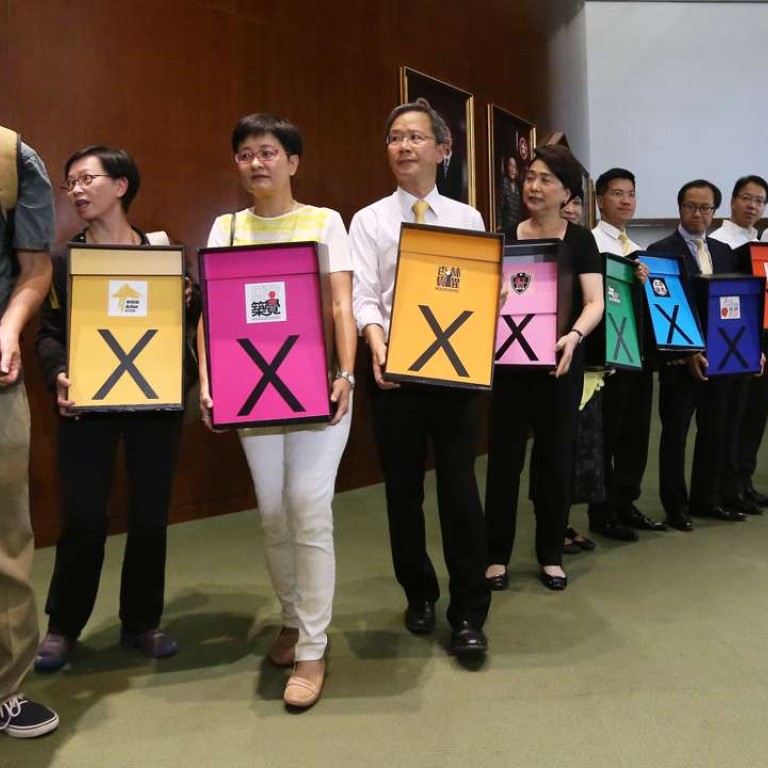
If Carrie Lam wants to heal the rifts in Hong Kong, it starts with political reform
Sonny Lo says the chief executive-elect faces many challenges in uniting the city’s politics and society, but a focus on cross-aisle dialogue, reducing the wealth gap and affordable housing could be key first steps
The election outcome ... is actually the result of the pan-democrats’ rejection of the 2015 political reform package
So, how can she best go about healing the wounds and rebuilding political trust between the government and pan-democrats?
In her own words: Carrie Lam on Beijing, societal rifts and marriage sacrifices
Watch: The highs and lows of the chief executive campaign
The second option to heal the wounds, as Lam mentioned during her campaign, would be to repair the damaged executive-legislative relations via regular communication. This could be done in at least three ways: one, by creating an office similar to the Office of the Members of the Executive and Legislative Council of the British era; two, by assigning political appointees, especially deputy secretaries and political assistants, the crucial task of regularly communicating with legislators across political spectrums. A third and bolder option is for the new chief executive to appoint a few moderate pan-democrats to the Executive Council, so as to ensure more inclusive policymaking.
A progressive tax system is long overdue, given our widening income gap
Another important task is be to speed up the appointment of committee on tax reform, to study ways towards a progressive tax system – long overdue given our widening income gap. Lam mentioned such a reform initiative in her manifesto. Progressive tax can help redistribute wealth in a moderate way. But the challenge of introducing such a system is convincing the business sector that it will not undermine Hong Kong’s economic prosperity and the investment climate, and that it will address social inequity.
Hong Kong’s housing squeeze: the easy fix for next chief executive is ...
Finally, housing and land policy will have to be revised to address the concerns of ordinary citizens who cannot afford to rent, let alone own, a home. A more ambitious plan of rebuilding public housing estates, a revived policy of expanding the Home Ownership Scheme, and a more proactive policy of dialogue with land developers must be the focus so that livelihood issues are tackled effectively.
In this way, class harmony between the rich and the poor, rather than class tensions among them, will hopefully be accomplished.
Thus, Hong Kong’s political wounds can be healed with optimistic but realistic solutions in the coming years.
Sonny Lo is a political commentator

